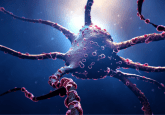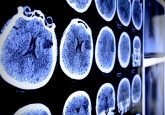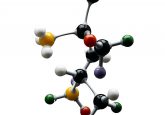Anti-NMDAR antibodies as a new piece in schizophrenia’s puzzle

Schizophrenia is a chronic psychiatric disorder marked by psychotic symptoms (i.e., hallucinations and delusions), behavioral changes (e.g., apathy, social withdrawal) and cognitive dysfunction (e.g., executive impairment) [1]. Affecting roughly 1% of the general population, schizophrenia exerts a significant socioeconomic burden due to its severity. From an etiopathogenic perspective, schizophrenia can be conceptualized as the clinical outcome of a series of genetic and/or environmental factors impairing brain development. Accordingly, environmental factors influencing the early development of the CNS, such as maternal infection, maternal stress, nutritional deficiency, among others, would play a major role in schizophrenia development as indicated by epidemiological studies [2]. Interestingly, it has been...





